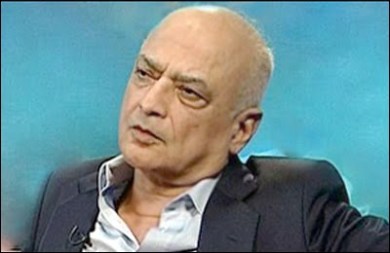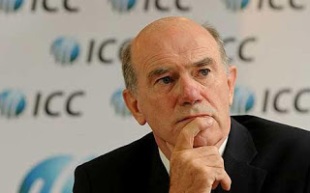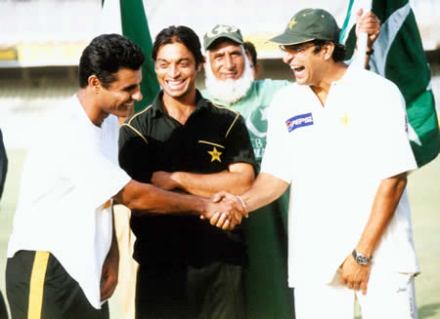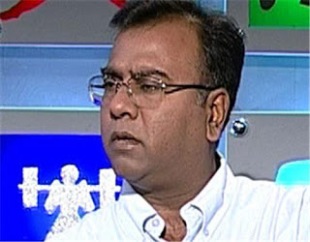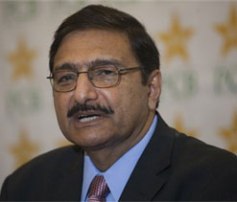Article 6 in Cricket as well
Muhammad Asif Khan
The most talked about issue in Pakistan lately is the implementation of the Article 6 of the country’s constitution which deals with forming a treason case against former President General Pervez Musharraf ®, however, the counsels of the man at the receiving end – Musharraf – argue on the clause 2 of the Article 6 which encircles the supporters of the accused as well.
as well.
6. High Treason (2) Any person aiding or abetting or collaborating the acts mentioned in clause (1) shall likewise be guilty of high treason.
Anyway moving on to the Cricket affairs of Pakistan where interestingly the same clause of the same article but of the Pakistan Cricket Board’s constitution has become the centre of attraction.
Following is the Article 6 of the PCB constitution with all the relevant points highlighted in bold letters.
6. Chairman (1) There shall be a Chairman appointed by the Board of Governors (BoG) in accordance with Part IV for a period of four years. He shall be the Chief Executive Officer of the Board and shall inter alia exercise and perform the following power and function, namely:-
(a) Preside over all meeting of the board;
(b) Summon the annual general meeting of the Board and the extraordinary general meeting;
(c) Summon the meetings of BOG;
(d) Adjourn the meetings;
(e) Fix the date, time and place of all the meetings including adjourned meeting;
(f) cast vote when votes are equally divided;
(g) Control or oversee income and expenditure in accordance with the budget approved by the BOG;
(h) Control and manage the affairs of the stadium, sports complexs, gymnasiaum and ground or those placed under its charge, directly or through management committees or officials appointed for the purpose;
(i) Appoint the selection committee and other committees including their chairmen;
(j) Take any other financial, administrative or management decisions as required for the functioning and operations of the Board;
(k) Recommend to the BOG for addition, alteration or deletion of the region;
(l) Decide with regard to representation from time to time of Regions and Service Organisations through rotation on the BoG
(2) During the absence of the Chairman for a period of more than forty five days or in the event the chairman tenders his resignation or in case of his death or in the event of the office of the Chairman falling vacant for any other reason, the BoG may elect and appoint an Acting Chairman from amongst it’s members, who may only exercise powers listed in paragraph 6(1) (a) to (e) during the absence or till the appointment of the Chairman.
Starting from the Clause 6(2) where the highlighted text clearly defines the procedure of the appointment of an acting PCB chairman. Moreover it also states the mandate [highlighted in the clause 6 (1)] of the acting PCB chairman.
Finally, let’s take a look at the Islamabad High Court (IHC) order of June 19th, 2013 (on writ petition no. 2242/2013), in which the Judge, Shaukat Aziz Siddiqui, directed the Ministry of Inter Provincial Coordination with regards to the appointment of an acting PCB chairman.
The IHC directed to appoint some acting chairman of the PCB fully qualified to be appointed as the chairman of PCB, till final disposal of instant writ petition, with the authority to attend forthcoming meeting of the ICC so that Pakistan may be represented in the meeting.
The above mentioned facts lead to at least a few questions as follows.
- Was the appointment of the acting PCB chairman duly in line with the IHC directives?
- Wasn’t the appointment of the acting PCB chairman contradictory to the constitution of the PCB?
- The IHC, in its order, authorised the acting chairman to attend the ICC meeting, but is he authorised to take other important decisions in the cricket board such as financial, administrative etc as well?
- The PCB constitution also limits the authority of the acting chairman.
In this regard, the situation will surely be clear in the coming days, however, at the same time, the vague nature of the existing state of affairs in Pakistan Cricket also raises many eyebrows. May the Cricket future be in safe and able hands.
